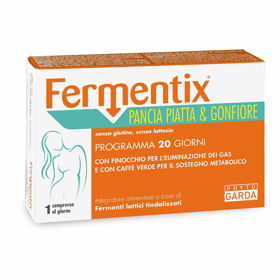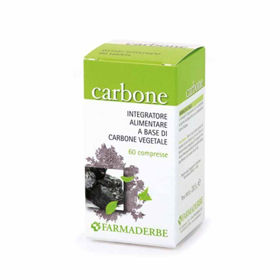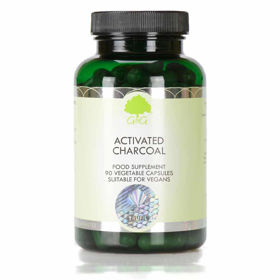Customer question:
Against bloating - how can I help myself? Practical tips, please. Anonymous customer.
Pharmacist's answer:
A slightly bloated stomach after a meal is usually not a problem - it is a common phenomenon. However, an excessively long-term tense and even bloated stomach can be problematic.
A bloated stomach is a common problem, especially after a meal - often, the problem with bloating results from overeating, but this is not the only possible reason. The consumption of fizzy drinks also presents this kind of problem quite often.
The problem can also be caused by irritable bowel syndrome or an imbalance of bacterial microflora in the digestive system. In addition, other causes cause abdominal stiffness, namely: intolerance to a specific type of diet, GERD or gastroesophageal reflux, indigestion due to various causes, celiac disease, and the like.
Anti-bloat tactics
1. DRINK ENOUGH LIQUIDS
Maintaining sufficient body hydration is extremely important for the efficient work and function of all your body's systems. The digestive system is one of the most critical organs for which a sufficient amount of water is significant. The lack of it results in many problems - but above all, the water is often constipated, and the result of constipation is also frequent bloating.
2. EAT SMALLER MEALS SEVERAL TIMES A DAY
Eating smaller amounts of food several times daily greatly relieves the digestive tract. On the other hand, consuming excessive amounts of food causes the stomach to stretch quite a bit, thus straining the digestive process.
Try to eat more often and less and focus on eating wholesome, natural foods. Avoid processed foods and foods high in sugar, which often causes bloating and general digestive problems.
3. TAKE CARE OF GENERAL PHYSICAL ACTIVITY
Exercise regularly and keep your body moving. In this way, you will not only take care of optimal health in general, but you will also reduce the likelihood of problems related to digestion - this is an effective recipe against bloating.
More intense physical exercise contributes to better digestion and is often a good corrective for forming intestinal gas and stress, often associated with digestive disorders.
Aim to get at least 30 minutes of daily exercise and focus on fun, non-stressful and enjoyable activities.
4. INCREASE YOUR INTAKE OF FOODS RICH IN FIBER
Some foods effectively help ease digestion and reduce flatulence. For example, eating foods that contain fibrous substances, such as fruits, vegetables, and whole grains, is an excellent solution against bloating.
Consuming milk and non-fermented dairy products is usually a big problem if you suffer from lactose intolerance, but fermented products are much more acceptable.
5. INCREASE HERBS, SUPPLEMENTS
Herbs are added to the diet precisely to improve the taste, but also mainly to improve the digestive process.
Peppermint, ginger, chamomile, and fennel work wonderfully to support the digestive process. In addition, probiotic supplements can help reduce flatulence by balancing bacterial cultures.
TIP
Try to find out what are the triggers of the problems you have and avoid them.
It is important to remember that bloating is not dangerous and can be reduced or even eliminated by following the tips above. However, if the bloating is persistent or you feel very uncomfortable, it is essential to consult your doctor so that he can determine the cause.
Interesting reading: Tight belly
Interesting reading: Abdominal bloating - bloated belly












 Facebook
Facebook
 Instagram
Instagram
 info@moja-lekarna.com
info@moja-lekarna.com

